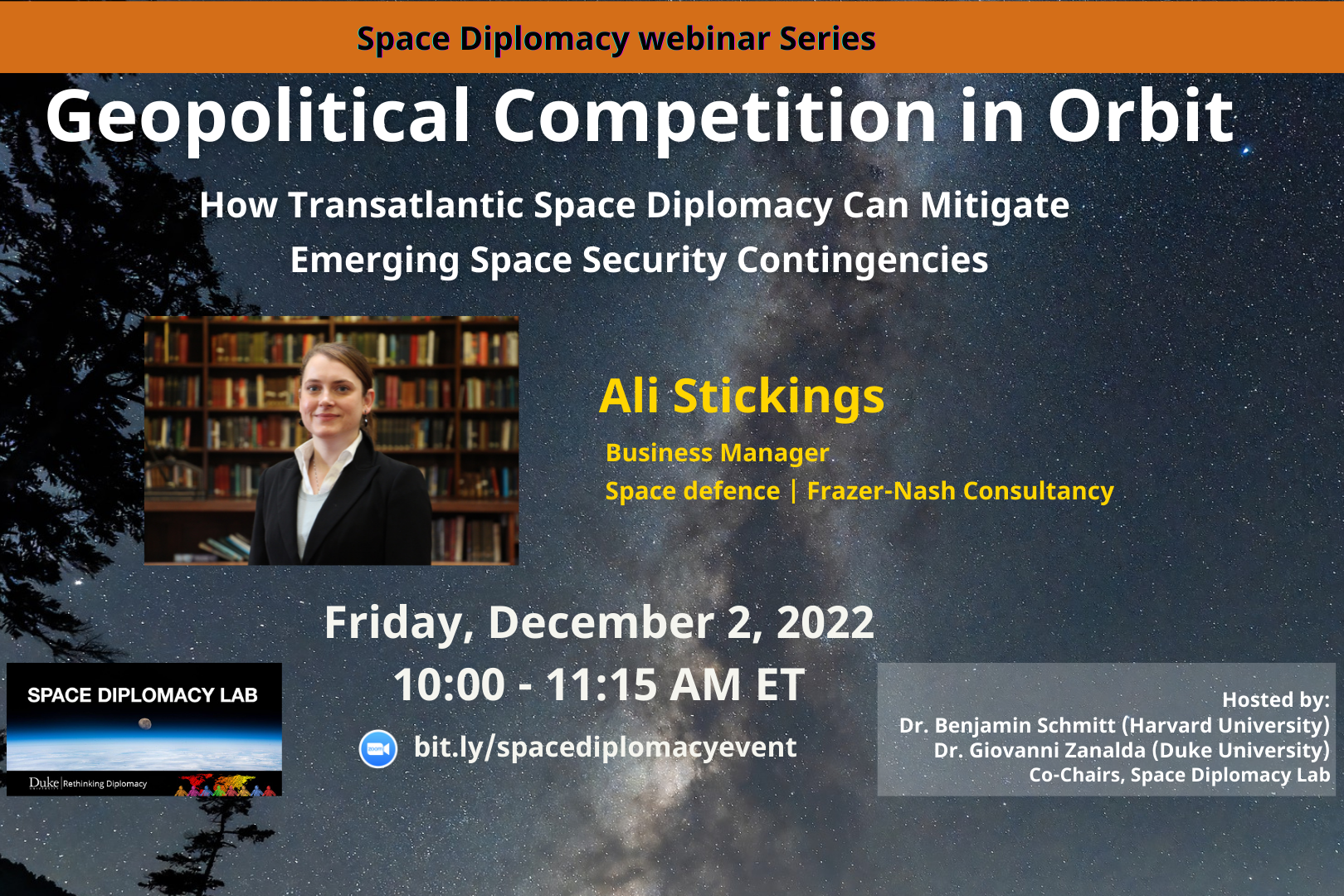Geopolitical Competition in Orbit: How Transatlantic Space Diplomacy Can Mitigate Emerging Space Security Contingencies

On November 16, 2022, after years of anticipation, and months of pre-launch delays, the Artemis 1 mission triumphantly blasted off from Kennedy Space Center in Florida - the first human-capable lunar mission launched from U.S. soil since the close of the Apollo program five decades ago. Artemis 1 - having successfully entered the "lunar sphere of influence" - is a clear example of the promise of robust space diplomacy, given that the mission is a product of years of joint technical and scientific collaboration between NASA, the European Space Agency (ESA), and others.
But even with Artemis 1 cruising along in cislunar space (and beyond), scientifically-defined "spheres of influence" aren't the only ones facing the practitioners of modern space policy - geopolitical trends on Earth are now regularly impacting space activities in low-earth orbit and deeper space. Given the increasing number of government and private sector actors with the capability of launching spacecraft with a wide range of commercial, defense, communications, and intelligence capabilities, urgent space diplomacy is needed now more than ever to ensure that emerging space security contingencies can be mitigated as space becomes entrenched as an operational domain for these sectors.
With these trends in mind, please join the Duke University Space Diplomacy Lab team for a timely discussion with Ali Stickings, Business Manager for Defence Space at the Frazer-Nash Consultancy and Associate Fellow at the Royal United Services Institute in London, for a discussion on priorities for Transatlantic leaders to deepen space diplomacy to ensure a safe and sustainable future for humanity on orbit. The discussion will also focus on outcomes of Sticking's role as Specialist Advisor to the United Kingdom House of Commons Inquiry on Space Defence, the findings of which were published recently here. The discussion will take place in dialogue with members of the Duke University Rethinking Diplomacy Program - Space Diplomacy lab team, moderated by lab co-founders Giovanni Zanalda and Benjamin L. Schmitt.







